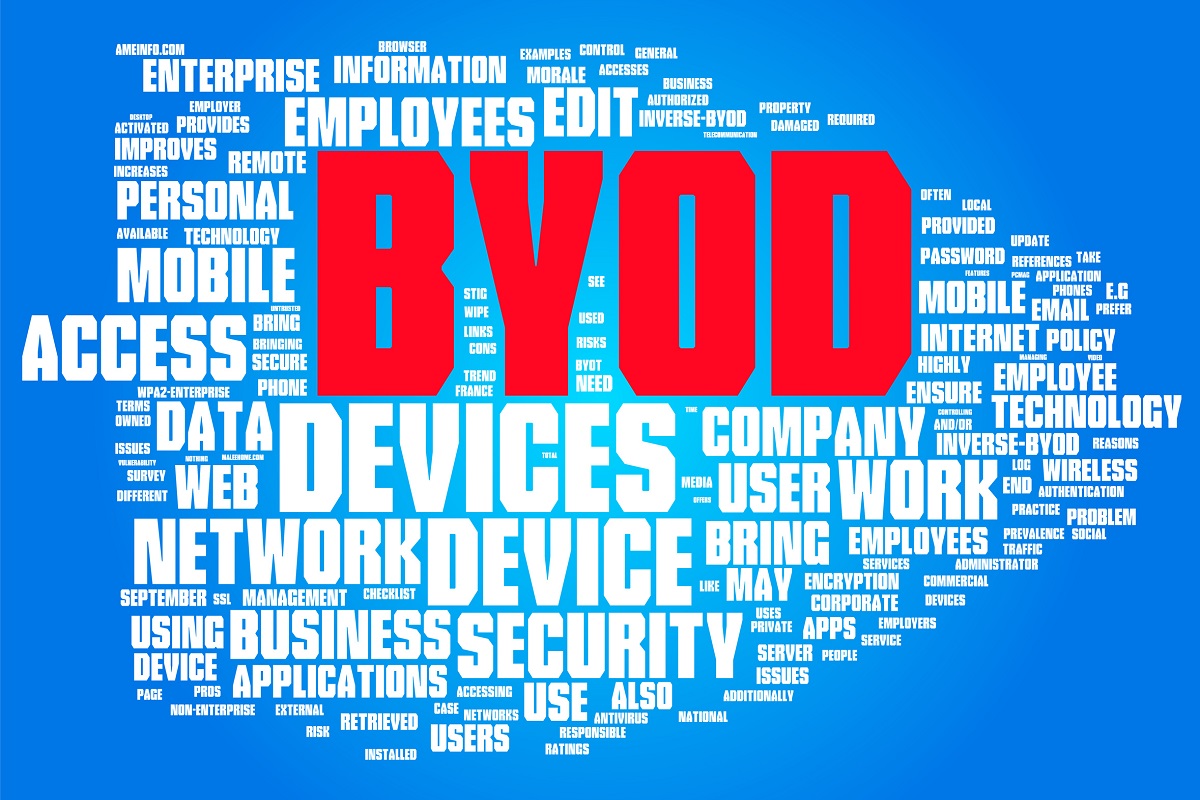
Stay up to date with the latest Channel industry news and analysis with our twice-weekly newsletter
You are now subscribed
Your newsletter sign-up was successful
New research commissioned by HP (NYSE:HPQ) has revealed a continued mistrust of ‘bring your own device’ (BYOD) policies, with half of respondents concerned that such a policy would compromise their organisation’s security.
Of those companies surveyed that have a BYOD policy in place, 20 percent reported at least one security breach in the last year, with two percent of IT decision makers reporting more than five BYOD-related breaches in the same period.
“Enabling remote working is beneficial for both companies and their employees, bringing greater flexibility to the workplace and allowing seamless service whether an employee is at work, at home or on the go,” says James Morrish, chief technologist, printing and personal systems, HP UK & Ireland.
The study, conducted by Redshift Research, asked 1,130 IT decision makers across eight European countries about various aspects of their current and intended enterprise mobility plans. One of the main findings of the survey was that BYOD remains a controversial subject for IT departments.
Less than half (43 percent) of IT decision makers are confident that personal devices are properly protected for the corporate environment, with 36 percent saying that they are particularly concerned about the transfer of malware and viruses from these devices into the corporate network.
As well as looking at the latest attitudes to BYOD, HP also examined the uptake of enterprise mobility devices, revealing that under a quarter of IT decision makers (24 percent) believe their company is currently well equipped for mobile working, while a further eight percent believe that their company is not equipped at all. This, says HP, is particularly concerning as the use of mobile devices is expected to increase by 2020 – particularly the use of tablets and smartphones which, according to the study, are expected to see a17 percent and 11 percent increase, respectively, by 2020.
The research also highlighted an ongoing reliance on two staple devices – desktop and notebook PCs. Although there are now more mobile device options available than ever before, IT decision makers believe that desktop PCs will remain the dominant hardware for businesses, with almost half of employees (46 percent) expected to still use them by 2020. Similarly, the use of notebooks is expected to be 29 percent in 2020, the same as present levels.
Stay up to date with the latest Channel industry news and analysis with our twice-weekly newsletter
Says Morrish: “OS strategies have had to evolve to match the range of new devices on offer for companies with a BYOD policy. Mainstream businesses now readily accept Android and iOS, which was almost unheard of a few years ago. However, Windows will remain a dominant OS in the workplace for some time – particularly in the UK where Android is less commonplace than it is in European workplaces.”
ITPro is a global business technology website providing the latest news, analysis, and business insight for IT decision-makers. Whether it's cyber security, cloud computing, IT infrastructure, or business strategy, we aim to equip leaders with the data they need to make informed IT investments.
For regular updates delivered to your inbox and social feeds, be sure to sign up to our daily newsletter and follow on us LinkedIn and Twitter.
-
 Stop treating agentic AI projects like traditional software
Stop treating agentic AI projects like traditional softwareAnalysis Designing and building agents is one thing, but testing and governance is crucial to success
-
 PayPal appoints HP’s Enrique Lores in surprise CEO shake-up
PayPal appoints HP’s Enrique Lores in surprise CEO shake-upNews The veteran tech executive will lead the payments giant into its next growth phase amid mounting industry challenges

